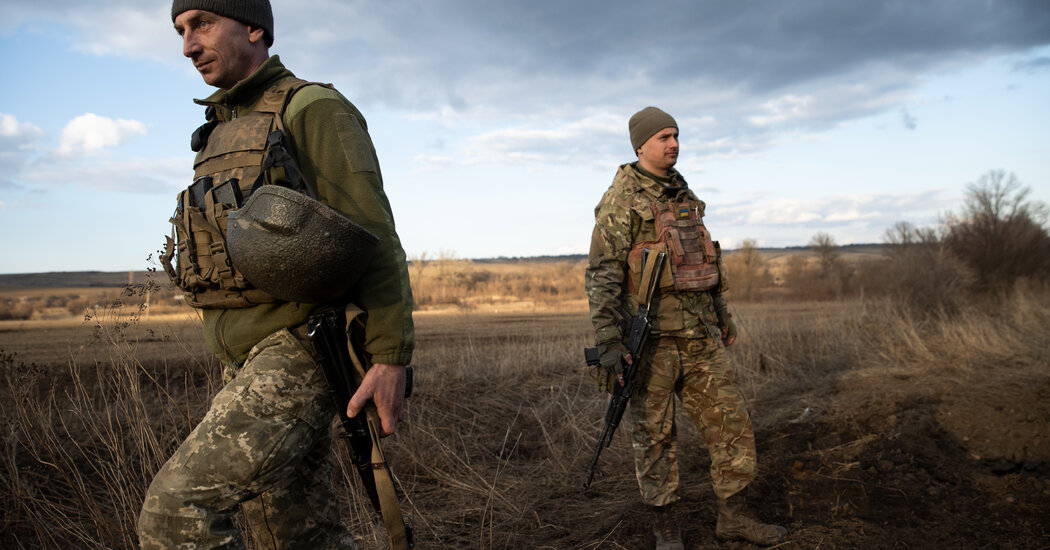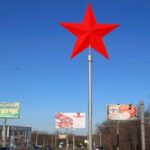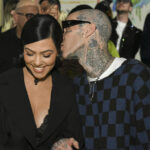
MOSCOW — A tough global response to moves by President Vladimir V. Putin of Russia against Ukraine began to take shape on Tuesday as European nations prepared to impose sanctions and Germany halted a key gas pipeline, but the Russian leader remained defiant in the face of worldwide condemnations.
A day after Mr. Putin recognized two breakaway territories in eastern Ukraine as independent, two European officials said on Tuesday that Russia had sent troops into the area, but Russia’s Foreign Ministry denied having done so yet. Fearful Ukrainians boarded buses out of the separatist areas even as Ukraine’s president, Volodymyr Zelensky, urged his beleaguered nation to “keep a cool head” in the crisis.
But at the same time, Mr. Zelensky insisted that Ukraine would not yield territory, and his defense minister, Oleksiy Reznikov, appeared to be girding his country’s troops for battle.
“Ahead will be a difficult trial,” Mr. Reznikov, said in a somber message released by the military. “There will be losses. You will have to go through pain and overcome fear and despondency.”
Still, there was no immediate sign of major military escalation in eastern Ukraine, and much of the focus on Tuesday was in European capitals, where leaders were preparing what they said would be a harsh sanctions package against Moscow. United States and European leaders have condemned Mr. Putin’s decision on Monday to recognize the separatist regions, the so-called Donetsk and Luhansk People’s Republics created after Russia fomented a separatist war in eastern Ukraine in 2014.
In Moscow, Mr. Putin dismissed what he described as speculation that Moscow planned to “recreate the Russian Empire in the empire’s boundaries.”
“This absolutely does not correspond to reality,” Mr. Putin said in televised remarks alongside President Ilham Aliyev of Azerbaijan, a former Soviet republic that has close ties to Ukraine and Russia.
A day earlier, Mr. Putin delivered a long, fiery speech that described Ukraine as part of Russia, calling the government in Kyiv little more than a “puppet” of the United States and its leaders solely responsible for whatever “bloodshed” may come next. Mr. Putin has also raised the specter of fighting after ordering troops to the two breakaway regions of Ukraine that Russia just recognized.
“As for those who captured and are holding on to power in Kyiv,” he said, referring to the Ukrainian capital, “we demand that they immediately cease military action.”
White House officials have said that President Biden will impose economic sanctions on the separatist regions of Ukraine, and that a further Western response will be announced on Tuesday. By then, several of Mr. Biden’s aides said, they already expected to see Russian forces rolling over the border into Ukraine, crossing the line that Mr. Biden had set for imposing “swift and severe” sanctions on Moscow.
In recent weeks, some 150,000 to 190,000 Russian troops, by Western estimates, have gradually drawn a noose around their neighbor, and the United States has warned repeatedly that the question about a Russian invasion was not if but when.
Video clips of military convoys moving through the separatist territories were circulating on social media on Tuesday, but there was no immediate official confirmation that these were Russian troops rather than the forces of Russian-backed separatists.
On the Ukrainian side, similarly unconfirmed reports on social media appeared to show the Ukrainian Army moving heavy weaponry, such as self-propelled artillery guns and tanks, toward the front line with the separatist enclaves.
Secretary of State Antony J. Blinken said on Twitter that “Russia’s move to recognize the ‘independence’ of so-called republics controlled by its own proxies is a predictable, shameful act.” He added that he had told Ukraine’s foreign minister, Dmytro Kuleba, that the United States condemned the actions in the “strongest possible terms.”
At an emergency United Nations Security Council meeting late Monday, several nations rebuked Russia, saying that the move amounted to a violation of the United Nations Charter and an attack on Ukraine’s sovereignty. Although the meeting ended with no action taken, Linda Thomas-Greenfield, the American ambassador to the United Nations, said that council members had “sent a unified message — that Russia should not start war.”




